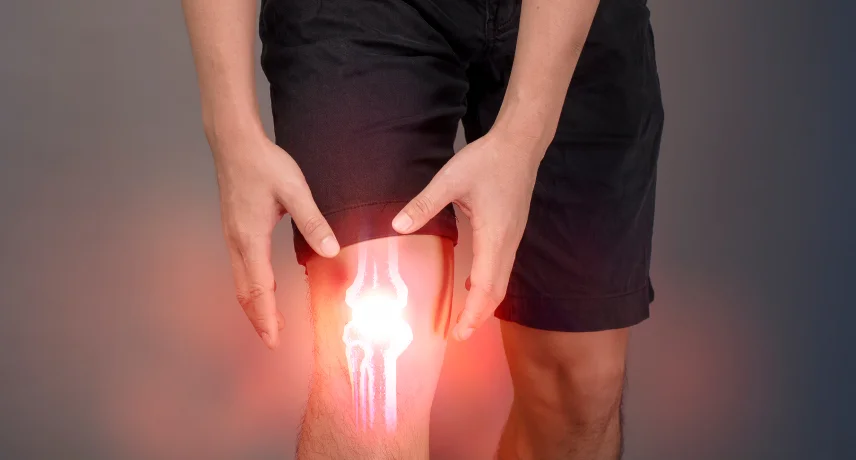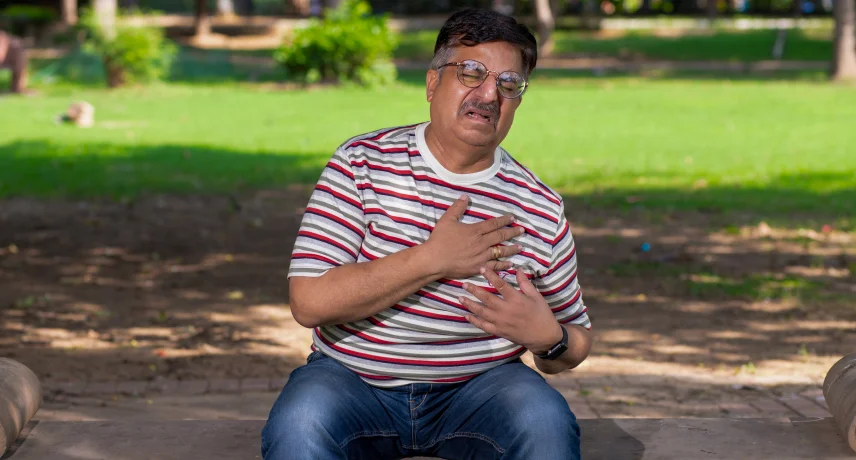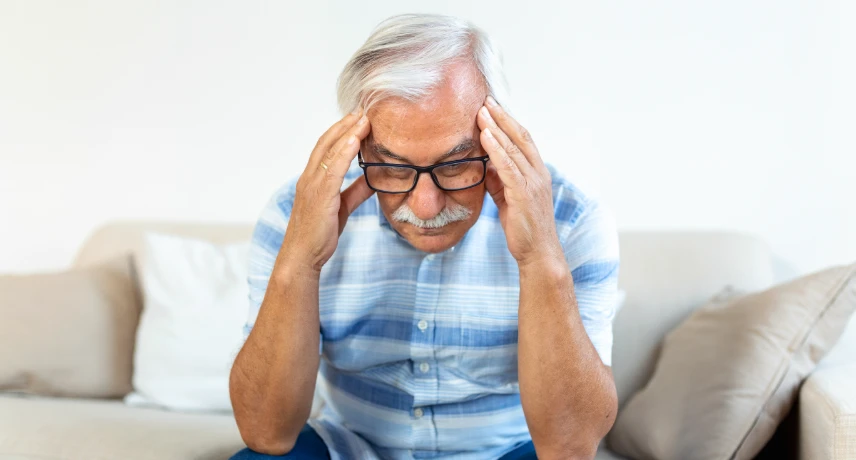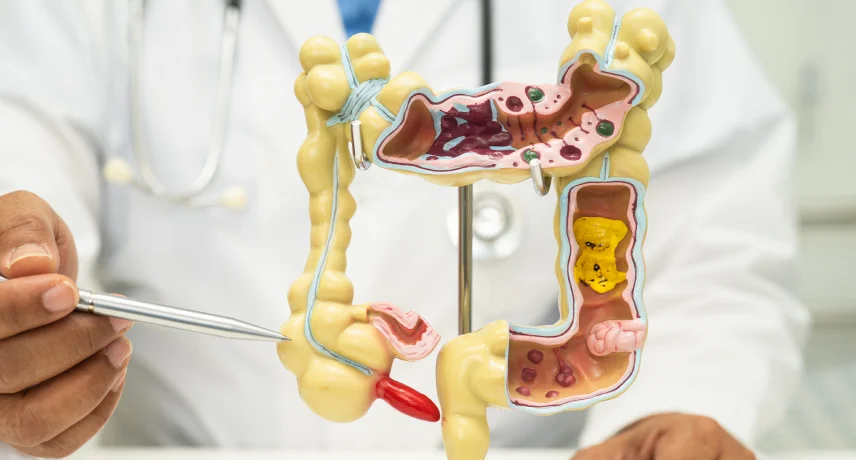
Is Knee Pain Just a Part of Ageing?
If you're in your 40s or 50s and experiencing knee pain, you might dismiss it as "normal ageing". But in many cases, persistent knee discomfort could be an early sign of an underlying orthopaedic condition-one that needs timely medical attention.
In fast-moving urban centres like Guwahati and across Northeast India, sedentary lifestyles, obesity, untreated injuries, and even previous fractures are contributing to a rise in joint problems among younger adults.
When to Worry About Knee Pain?
Not all knee pain is the same. See an orthopaedic specialist if you notice:
- Pain That Persists Beyond a Few Weeks
- Stiffness in the Morning
- Clicking or Grinding Sensation
- Swelling Around the Knee Joint
- Reduced Range of Motion
- Knee Instability or Locking
Why Early Intervention Matters - Especially for Women & the Elderly?
Arthritis, bone density loss, and untreated trauma injuries are common in people over 40, particularly women and manual workers.
Ignoring early knee symptoms often leads to:
- Joint deformity
- Limited mobility
- Total knee replacement surgery later in life
Early diagnosis = simpler treatment and a better quality of life.
Advanced Orthopaedic & Joint Replacement Care at Peerless Hospital, Guwahati
Our department offers a full range of services:
- Orthopaedic consultations & digital X-rays
- Arthritis & joint pain management
- ACL & ligament repair surgeries
- Minimally invasive arthroscopy
- Total and partial knee/hip replacements
- Fracture & trauma care
- Bone health programs for seniors
We provide post-surgery rehabilitation, physiotherapy, and custom joint preservation programs.
When Should You Visit an Orthopaedic Specialist?
Book an orthopaedic consultation if you have:
- Chronic joint or back pain
- Past injury that didn't heal well
- Arthritis, osteoporosis, or rheumatism
- Difficulty walking or climbing stairs
- Stiffness in the knee or hip
- Sports injury or accidental trauma
Prevention Tips for Healthy Joints After 40
- Stay Active - Regular low-impact exercises like walking, cycling, or yoga keep joints flexible.
- Maintain a Healthy Weight - Excess weight puts pressure on knee joints.
- Avoid High-Salt, Low-Calcium Diets
- Stay Hydrated - Helps keep joints lubricated.
- Get Regular Bone Density & Vitamin D Checks
- Don't Ignore Minor Injuries - Early care prevents long-term damage.





